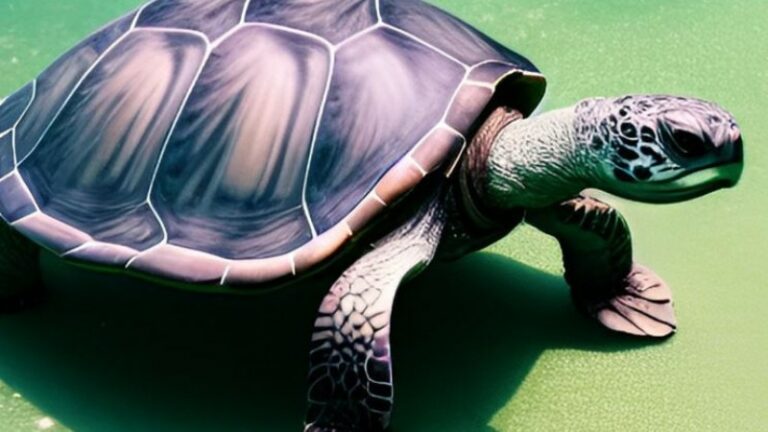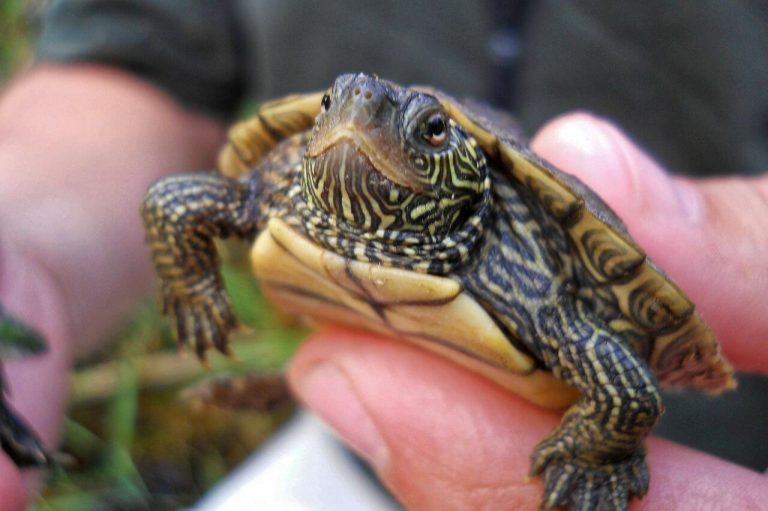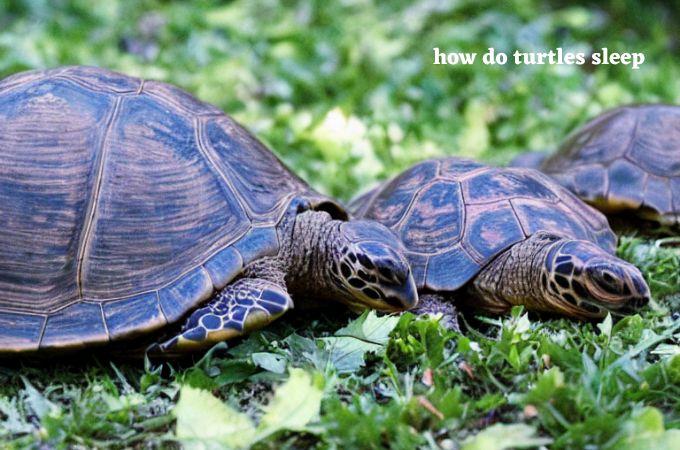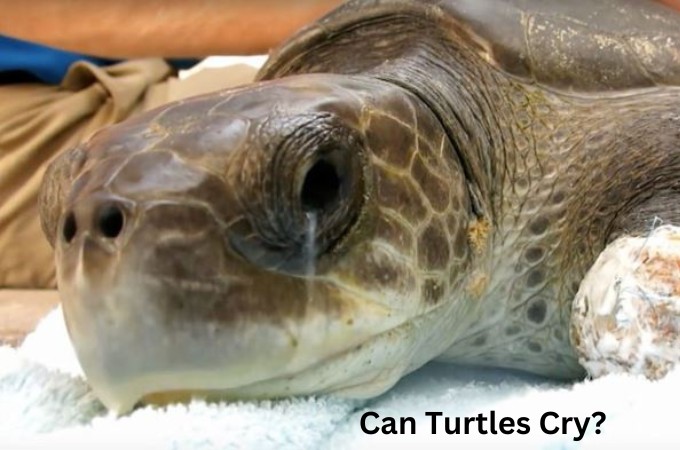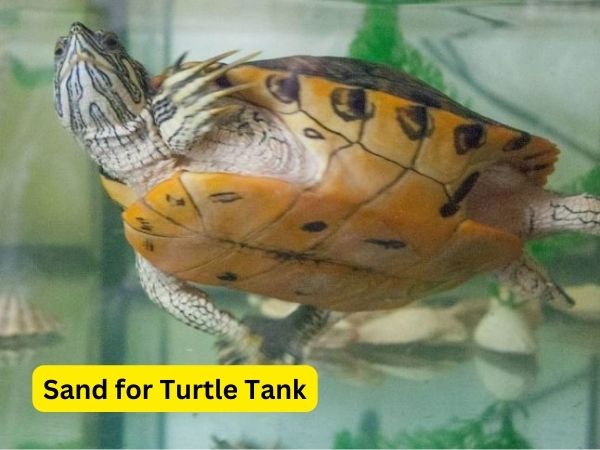Can Turtles Eat Grass? [Safety Precautions]
Can Turtles Eat Grass? Turtles are fascinating creatures that require a diverse diet to thrive. As an owner, you may wonder if it’s safe for your shelled friend to munch on grass. In this blog post, we will delve into the question: Can turtles eat grass? We will explore the potential benefits and risks of feeding grass to turtles and provide essential safety precautions to ensure the well-being of your beloved pet.
Can Turtles Eat Grass?
Understanding the Natural Diet of Turtles
Turtles are omnivores, meaning they consume both plant matter and small animals. In the wild, their diet consists of a variety of vegetation, insects, and even small fish. This diverse diet provides them with essential nutrients for growth and maintenance.
Benefits of Including Grass in a Turtle’s Diet
Grass can be a nutritious addition to a turtle’s diet. It is rich in fiber, which can aid in digestion and prevent constipation. Additionally, certain types of grass contain vitamins and minerals that are beneficial for turtles, such as vitamin A and calcium.
Risks of Feeding Grass to Turtles
While grass can offer nutritional benefits, there are also risks associated with feeding it to turtles. Pesticides and fertilizers used on grass can be toxic to turtles if ingested. It is crucial to ensure that the grass is free from any chemicals that could harm your pet.
Safety Precautions for Feeding Grass to Turtles
- Identify Safe Grass: Choose organic grass or grass from areas that are not treated with chemicals.
- Wash Thoroughly: Before offering grass to your turtle, wash it thoroughly to remove any potential contaminants.
- Monitor Intake: Introduce grass gradually into your turtle’s diet and observe for any adverse reactions.
- Diversify Diet: While grass can be a part of a turtle’s diet, it should not be the sole food source. Ensure a balanced diet that includes a variety of vegetables and proteins.
Types of Grass Safe for Turtles
Not all types of grass are safe for turtles to consume. Some common types of grass that are safe for turtles include:
- Bermuda grass
- Ryegrass
- Fescue
Before offering any grass to your turtle, research the specific type to ensure it is safe for consumption.
Signs of Potential Issues
It is essential to monitor your turtle for any signs of potential issues after introducing grass to its diet. Some signs that indicate a problem include:
- Loss of appetite
- Lethargy
- Diarrhea
If you notice any concerning symptoms, consult a veterinarian immediately.
Balancing Your Turtle’s Diet
While it can be tempting to offer your turtle a variety of foods, it is crucial to maintain a balanced diet. Consult with a reptile specialist or veterinarian to ensure that your turtle is receiving the necessary nutrients for optimal health.
Alternatives to Grass in a Turtle’s Diet
If you are unsure about feeding grass to your turtle or want to explore alternative options, consider the following foods:
- Leafy greens (e.g., kale, collard greens)
- Vegetables (e.g., carrots, bell peppers)
- Commercial turtle pellets
These foods can provide a well-rounded diet for your turtle without the potential risks associated with grass consumption.
Conclusion
while turtles can eat grass and derive certain benefits from it, caution must be exercised to ensure their safety. By following the safety precautions outlined in this blog post and monitoring your turtle’s response to grass consumption, you can provide a varied and nutritious diet for your shelled companion. Remember that the well-being of your pet is paramount, so always prioritize their health when making dietary choices.
In this comprehensive blog post, we have explored the question of whether turtles can eat grass, discussed the potential benefits and risks, and provided essential safety precautions for turtle owners. By following these guidelines and prioritizing your turtle’s health, you can ensure that they enjoy a varied and nutritious diet that supports their overall well-being.
